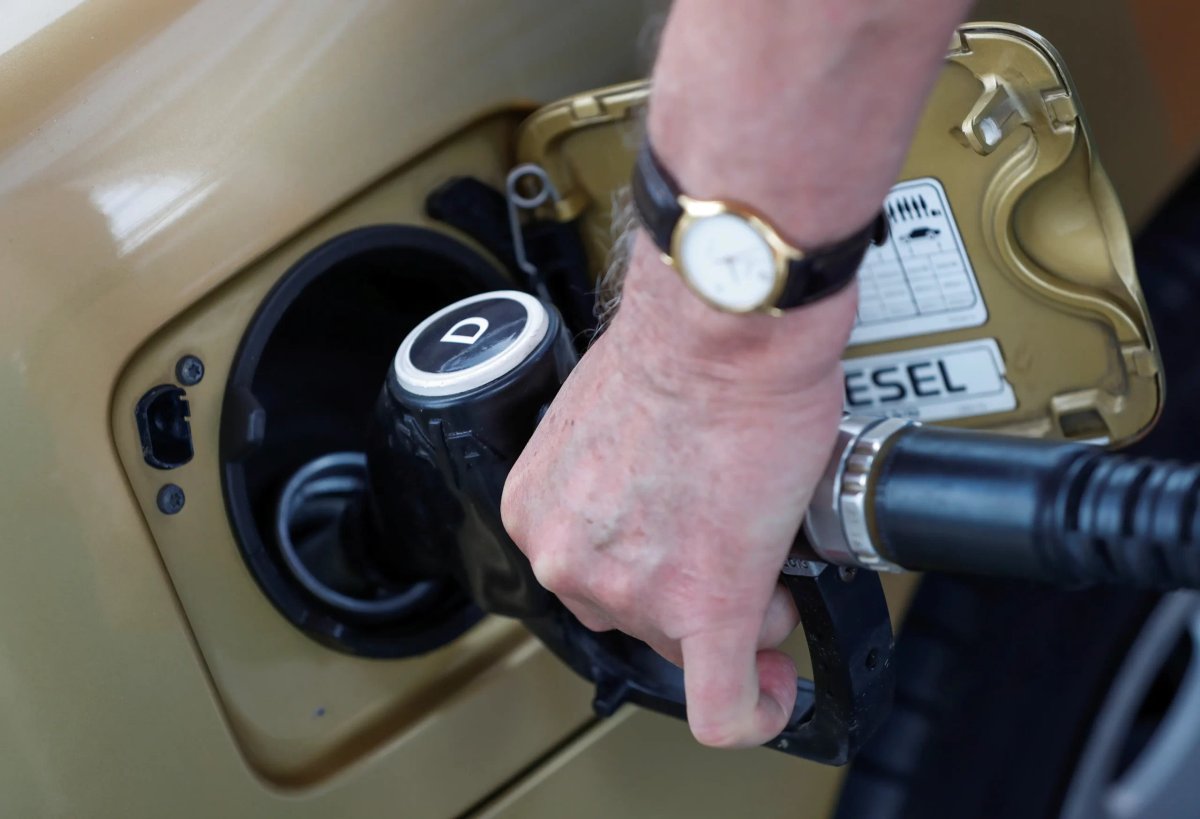Hungary to consider fuel price intervention, says economy minister


BUDAPEST (Reuters) – Hungary’s government will consider whether to enforce lower fuel prices after a review by the Central Statistics Office (KSH) of regional average price levels, Economy Minister Marton Nagy told
BUDAPEST (Reuters) – Hungary’s government will consider whether to enforce lower fuel prices after a review by the Central Statistics Office (KSH) of regional average price levels, Economy Minister Marton Nagy told business daily Vilaggazdasag.
Nagy last week put pressure on fuel suppliers to cut petrol station prices closer to the central European average as part of wider government price-setting intervention after the worst inflationary surge in the European Union.
“The government’s patience is running out … We think that local fuel prices are 7% to 9% higher than the regional average,” Nagy said in the interview.
The minister called the representatives of Hungary’s Petrol Association and oil and gas group MOL to a meeting last Thursday after petrol prices in Hungary rose to 642 forints ($1.75) per liter, above the regional average.
The KSH will publish fuel prices and averages in neighbouring countries this month, Nagy said in the interview.
“After that the government will be able to make a decision about whether to intervene in the fuel market or not,” he said.
Hungary’s government scrapped its fuel price cap in December 2022 after a lack of imports and panic buying led to fuel shortages and promised it would intervene again in the market if fuel prices rose above the regional average.
($1 = 367.5 forints)
(Reporting by Anita Komuves and Gergely Szakacs; Editing by David Goodman)
Inflation is the rate at which the general level of prices for goods and services rises, eroding purchasing power. It is typically measured annually.
Economic growth refers to an increase in the production of goods and services in an economy over a specific period, typically measured by GDP.
Explore more articles in the Top Stories category











